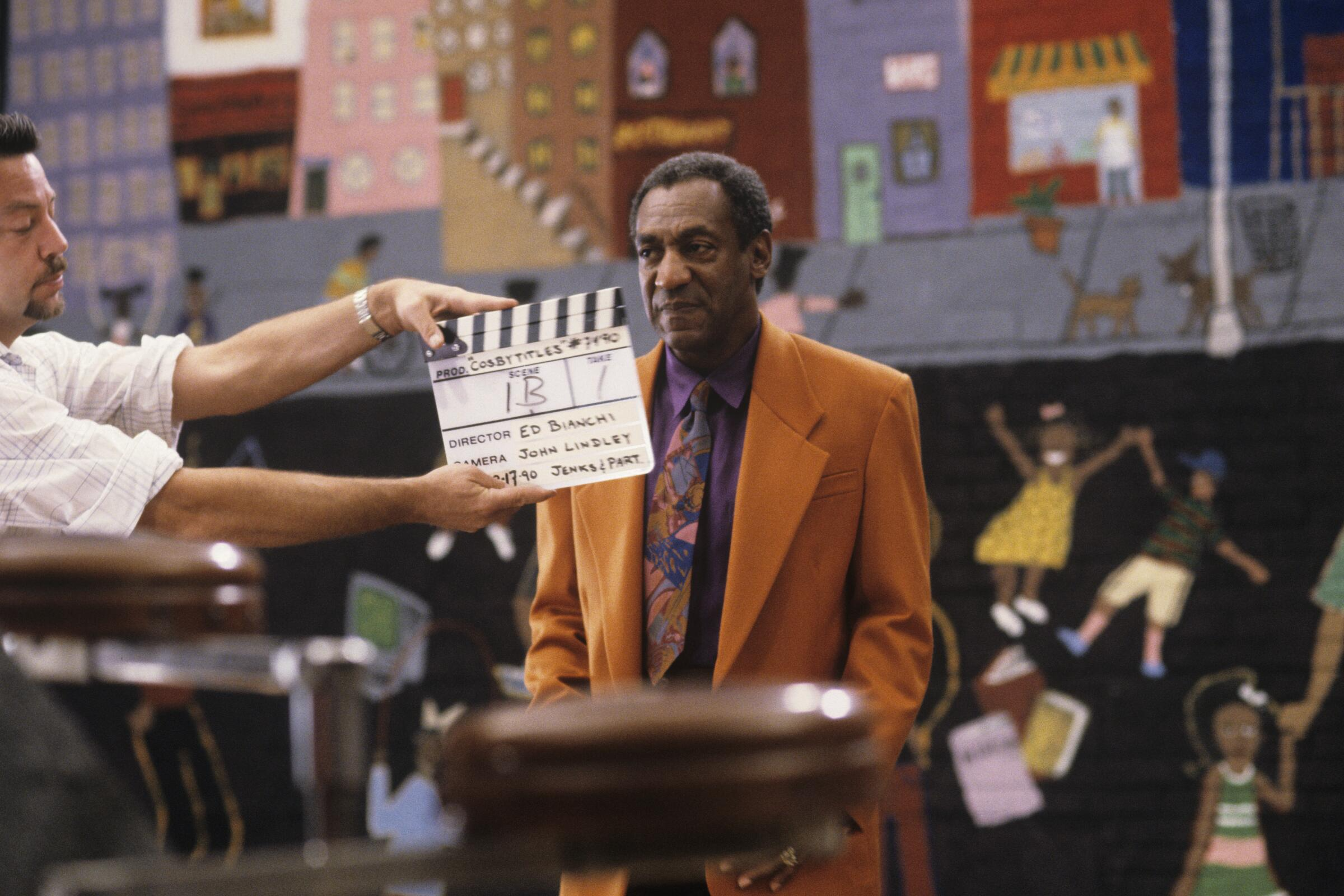
When The Cosby Show debuted in 1984, it wasn’t just another sitcom – it was a groundbreaking shift in how television portrayed families, race, and the concept of success. Bill Cosby’s vision was revolutionary. Instead of portraying African American families in stereotypical roles, The Cosby Show offered an inspiring and relatable depiction of the Huxtable family, a successful, educated, and loving African American family navigating everyday life. This wasn’t just another comedy series—it was a cultural moment that changed the face of television forever. Let’s dive into why this show was so influential and how it altered the landscape of TV as we know it.
Cultural Impact:
Before The Cosby Show, African American families were often depicted in Hollywood as either struggling or living in lower-class neighborhoods. Stereotypes were the norm—black characters were frequently relegated to supporting roles, often comic relief or sidekicks. In contrast, The Cosby Show introduced the world to the Huxtables—an upper-middle-class family living in a large home in Brooklyn, New York. Cliff Huxtable (played by Bill Cosby), a successful doctor, and Clair Huxtable (Phylicia Rashad), a lawyer, were presented as competent, loving parents raising their children with humor, respect, and wisdom.
This portrayal was a stark departure from the norms, and audiences, both black and white, were captivated by the Huxtables’ relatable yet aspirational lifestyle. The show highlighted that success and happiness weren’t limited to white, middle-class families but could be found in any community, especially within the African American experience.
Family Representation:
One of the most profound impacts of The Cosby Show was how it redefined the portrayal of African American families on television. In a time when African American characters were often marginalized or stereotyped, The Cosby Show made history by showcasing a family whose struggles and joys were universal. The show not only focused on comedic moments but also dealt with important family dynamics, such as parent-child relationships, sibling rivalries, and the balancing act of careers and family life.
The Huxtables weren’t just a black family—they were a universal family. Through Cliff and Clair’s relationship, viewers saw a strong, supportive partnership that was both funny and deeply loving. They were both professionals, highly educated, and career-driven, making them role models not just for African Americans but for families of all ethnicities. By highlighting their day-to-day lives, The Cosby Show illustrated that a strong family bond, love, and communication could transcend any racial barriers.
Storytelling and Humor:
The Cosby Show wasn’t just a typical sitcom; it was a masterclass in blending humor with poignant lessons. Each episode tackled real-life issues such as education, relationships, and personal growth while still delivering the laughs that sitcom audiences expect. What made The Cosby Show stand out was its ability to deal with these serious topics in a way that felt natural and relatable, without feeling preachy.
For example, in one of the most memorable episodes, Theo struggles with the idea of college and his future. Cliff, in his signature comedic style, tries to help Theo realize his potential without directly telling him what to do. The balance between fatherly advice and comedic timing made this episode a memorable one that spoke to the hearts of many viewers.
The show’s humor wasn’t based on slapstick or outrageous situations; instead, it came from the natural quirks of family life, with characters that were lovable and funny in ways that felt grounded in reality. Bill Cosby’s portrayal of Cliff Huxtable was both fatherly and comedic genius. His character often used humor to teach important life lessons, making each episode both entertaining and thought-provoking.
Influence on Future Shows:
The Cosby Show set the stage for other successful shows featuring African American families, such as Family Matters, The Fresh Prince of Bel-Air, and Living Single. These shows borrowed much from The Cosby Show’s format—focusing on family dynamics, education, and the value of hard work, while still managing to create relatable characters that viewers loved.
Additionally, the format of the multi-camera sitcom that The Cosby Show popularized became a standard in television, influencing countless shows that followed. The family-centered storytelling, character-driven humor, and clever, relatable plots became a blueprint for many sitcoms that aimed to capture the same magic.
More than just the shows that followed, The Cosby Show also opened doors for black actors and creatives in the entertainment industry. The success of the series proved that there was a large audience eager for diverse stories and characters. This shift in the industry helped pave the way for more opportunities for African American talent both on screen and behind the scenes.
Conclusion:
The Cosby Show wasn’t just a television show; it was a cultural milestone that changed the way families were portrayed on TV. It provided a refreshing and realistic image of an African American family that resonated with viewers of all backgrounds. With its groundbreaking portrayal of family dynamics, intelligent humor, and positive values, The Cosby Show became a staple of American television that would influence generations of shows that followed. While its legacy is complicated by later controversies, there’s no denying its cultural impact and the way it redefined what we could expect from TV families.
Today, we look back at The Cosby Show not only as a beloved sitcom but also as a trailblazer that helped shape the future of television and the way diverse stories are told.
Catchy Hook (for social media or clickbait): “The Cosby Show wasn’t just a TV show—it was a revolution. Find out how it changed the game for TV forever!”
